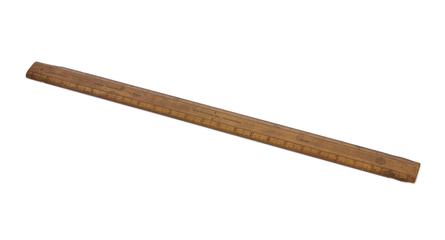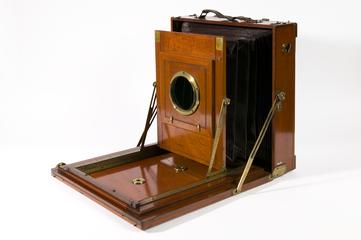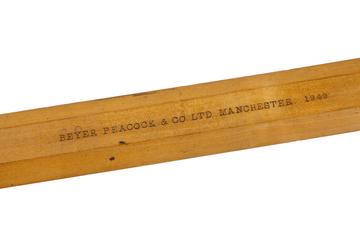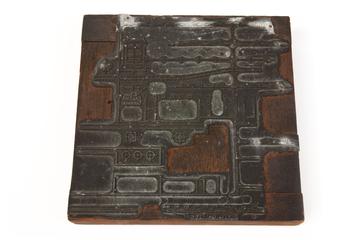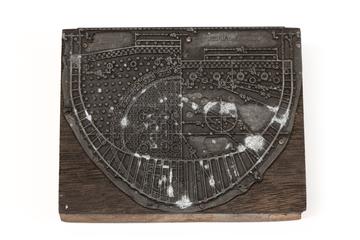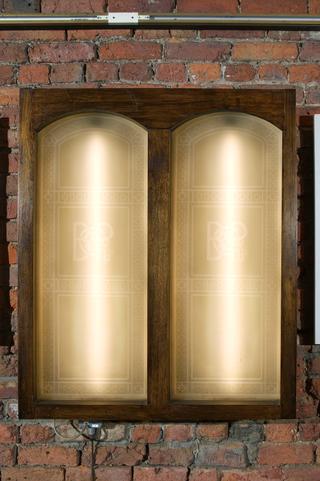
Peacock and Company Limited Beyer 1854 - 1966
- occupation:
- Locomotive builders
- Nationality:
- British
- born in:
- Gorton, Manchester, Manchester urban district, Greater Manchester, England, United Kingdom
In 1854, Charles Frederick Beyer and Richard Peacock founded Beyer, Peacock & Co, a mechanical engineering company. Their works and foundry were at Gorton, east of Manchester. A legal partnership was formed between Charles Frederick Beyer, Richard Peacock, and Henry Robertson, a sleeping partner which took effect from 1 January 1855.
In 1883 the company was incorporated as a private limited company and renamed Beyer, Peacock & Co Ltd, with registered offices at 34 Victoria Street, Westminster. In 1902 the company became a public limited company, Beyer, Peacock & Co (1902) Ltd. Company No. 00073505. (The (1902) was dropped the following year). In 1908 the registered offices were moved to Gorton and the new London office was at 14 Victoria Street, Westminster. In 1919 the London offices were given up and then in 1923 new premises were acquired at Abbey House, London. During WWII the registered offices were moved to Flore Manor in Northamptonshire. In 1956 the London offices of the company were moved from Abbey House to Locomotive House, Buckingham Gate.
In 1960 the company and its subsidiary companies became members of the Beyer, Peacock Group. Beyer, Peacock & Co Ltd became the name of the Holding Company and the part of the business at Gorton was named Beyer, Peacock Gorton Ltd. In 1966 all production ceased at Gorton Foundry. Shares in Beyer, Peacock were eventually bought out by National Chemical Industries Ltd and in 1980 Beyer, Peacock & Co Ltd became a dormant company.
Beyer, Peacock & Co was set up as a mechanical engineering company and made steam locomotive engines and light machines. They made their locomotives for companies worldwide, mainly for the colonies, South Africa and South America. In 1908, Beyer, Peacock started making the Garratt, an articulated locomotive designed by H W Garratt. A patent was granted Garratt for this engine and Beyer, Peacock had sole rights of manufacture in Britain. In 1928 the patents ran out and the company began to use the name Beyer-Garratt to distinguish their locomotives.
During WWI Beyer, Peacock began to manufacture artillery and in August 1915 Gorton Works was put under government control with production switching almost entirely to the war effort, especially heavy field artillery. During WWII the company was again brought under government control but continued to build locomotives throughout the war.
Beyer, Peacock was faced with competition from tramways and electric railways. They began to look for alternatives so that they were not dependent on one product. In 1932 they acquired Richard Garratt Engineering Works Ltd who made steam traction engines, steam road lorries, and agricultural equipment. In 1949 Metropolitan-Vickers, Beyer, Peacock Ltd was formed which was jointly owned by Metropolitan Vickers and Beyer, Peacock. The company was created to build locomotives other than steam. By 1953 Beyer, Peacock had acquired the following subsidiary companies: Denings of Chard, makers of agricultural machinery; Theramic Ltd, makers of theramic siphons for locomotives; Maiuri Refrigeration Patents, Low Temperature Developments Ltd, and some other companies concerned with sales, such as Rail Traction Supplied Ltd. In 1957 Beyer, Peacock acquired Anti-attrition Metal Co and in 1958 Air Control Installations Ltd. In this year Beyer, Peacock (Hymek) Ltd was formed.
The late 1950s saw a rapid transformation in locomotive manufacture. In 1955 British Rail decided to switch from steam to diesel and overseas users followed suit. Beyer, Peacock all but closed down the Gorton plant at the end of 1958. They had chosen to make diesel-hydraulics but British Rail opted to use diesel-electrics.
In the early days of the company it was the partners who managed the affairs of the company. Beyer acted as Chief Engineer with control over the Drawing Office and Works; Peacock as Commercial Manager handled the commercial side.



